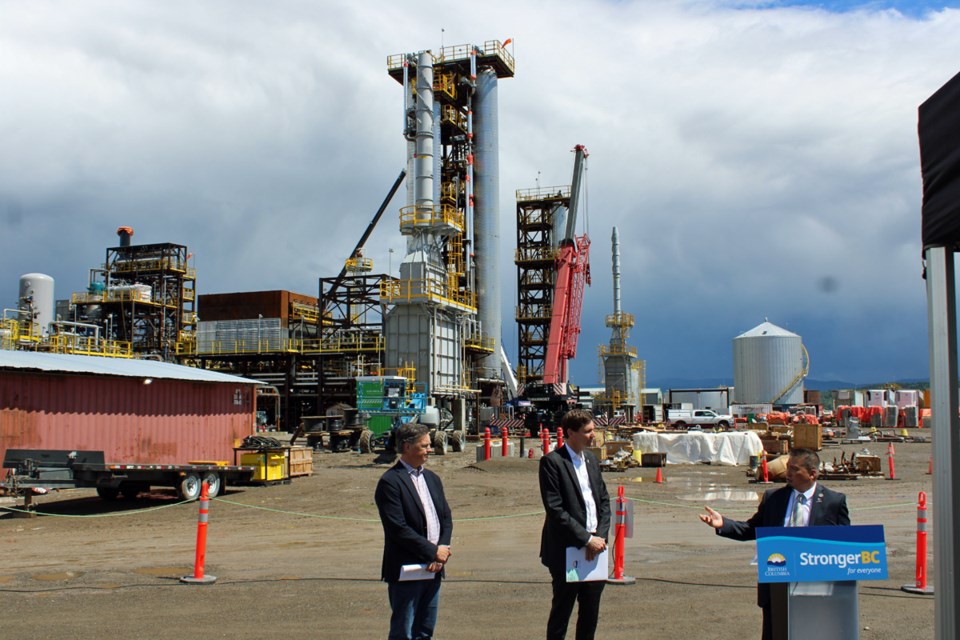Fossil fuels like oil and/or gas are used everywhere, in cars, airplanes, ships, and industry, etc. It is not possible to turn fossil fuels off overnight, but the use of them must be reduced over time.
All of this is well known and would be possible if decision makers and politicians agreed, and if alternatives for the various energy applications can be found.
Many studies have confirmed that the currently known world fossil fuel reserves will be used up in 53 years (oil in 50 years, natural gas in 53 years and coal in 14 years) if the annual demand does not change.
The impact on our planet and its livability (depending on location) depends on climate change, caused by an increasing further warming of our atmosphere due to GHG (Greenhouse Gas). The change is difficult to predict - will it be linear, exponential or something in between? I could come up with many numbers, but just an example: A large airplane or a fighter jet requires around 4 litres per second in full flight.
What are the alternative forms of energy? What are known solutions to reduce GHG? Switching to renewable energy sources and clean energy (solar panels, wind turbines, nuclear, etc.) for instance? Applying energy-efficient equipment, like replacing incandescent light bulbs with LED light bulbs and using Energy Star appliances (refrigerators, air conditioning, etc.), as well as developing business procedures that reduce energy use or increase sustainability?
All of it being a good start, including installing a fleet of green vehicles (hybrid or electric). It may all help, but it will not be enough.
Which form of energy is promising and under what circumstances, and to what degree can alternative energies replace a big part of fossil fuels?
Do we have to be concerned? Is there enough time to avoid a tipping point? We clearly must find more decarbonization applications and avoid further increase of GHG in our atmosphere.
My prediction: Governments will store huge amounts of oil and gas, etc. beginning 2040 for emergencies. This will probably result in skyrocketing prices for fossil fuels, if no good energy alternatives have been found. Engineers, scientists, and researchers have brought us into this troubling situation causing climate change, and they are now under pressure to get us out of it. Can it be done in time to avoid a looming disaster? Based on the currently known available sources of fossil fuels, only a much-reduced consumption can avoid a disaster.
What is the solution for 2050 and beyond? It is obvious that more alternative forms of energy must be found soon while at the same time carbon capture projects must be applied on a big scale to avoid that the increasing temperature of our atmosphere is not spiraling out of control and will make living on our planet unbearable.
Should energy shortages and better planning lead to a quota system, a quota for energy consumption of households, industry, etc. all depending on urgency, emergency? How would this impact the free market, innovation and government decisions?
A lot of unknowns and many potential causes for fights on a small scale, but also on a bigger scale, like a war between nations.
Knowing that we are running out of fossil fuel resources within the coming 50 years, there is a tremendous urgency to plan and not wait for the potential disaster where suddenly the lights are out.
Solutions, research, peace agreements and new trade agreements, all focused on surviving and improving life, have to be considered now!
Dr. Albert Koehler, P.Eng. is a former Prince George city councillor and past president and founder of the Northern Technology and Engineering Society of B.C.



